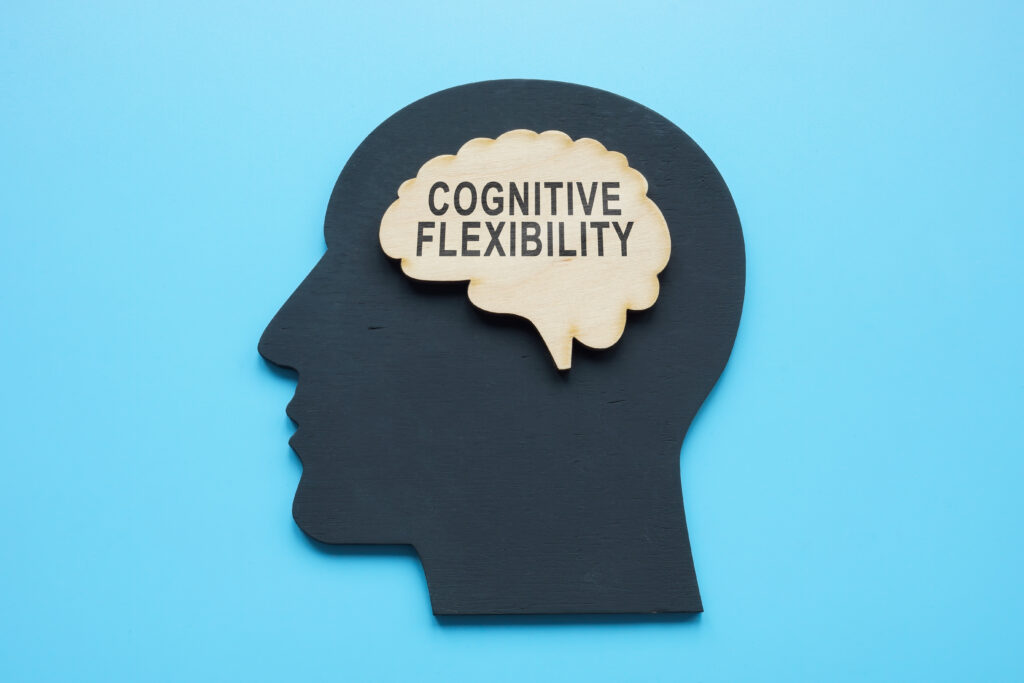Parkinson’s disease and dementia are two conditions that often occur together and can greatly affect an individual’s quality of life. While they are two separate disorders, there is a strong link between them. In this article, we will explore the connection between Parkinson’s disease and dementia, understanding their symptoms, causes, and treatment options.
What is Parkinson’s Disease?
Parkinson’s disease is a neurodegenerative disorder that primarily affects the brain’s motor system. It is caused by the degeneration of dopamine-producing neurons in the substantia nigra, a region of the brain responsible for movement control. Dopamine is a chemical messenger that plays a crucial role in transmitting signals between nerve cells, allowing for smooth and coordinated movement.
The loss of dopamine results in the characteristic symptoms of Parkinson’s disease, which include tremors, stiffness, slow movements, and difficulty with balance and coordination. Other non-motor symptoms may also occur, such as changes in cognition, mood, sleep disturbances, and autonomic dysfunction.
What is Dementia?
Dementia is an umbrella term used to describe a decline in cognitive function severe enough to interfere with daily life. It is not a specific disease but rather a collection of symptoms that can be caused by various conditions, including Alzheimer’s disease, vascular dementia, Lewy body dementia, and frontotemporal dementia.
Symptoms of dementia may include memory loss, difficulty with language and communication, changes in behavior and personality, impaired thinking and judgment, and impaired motor skills. These symptoms can significantly impact an individual’s ability to perform daily activities and can lead to a loss of independence.
The Connection Between Parkinson’s Disease and Dementia
Research has shown that individuals with Parkinson’s disease have an increased risk of developing dementia compared to the general population. In fact, it is estimated that 50-80% of people with Parkinson’s disease will develop dementia within 10 years of their diagnosis.
The specific type of dementia most commonly associated with Parkinson’s disease is called Lewy body dementia. It is caused by the abnormal buildup of alpha-synuclein protein deposits in the brain, which are also present in Parkinson’s disease. These protein deposits disrupt the brain’s normal functioning, leading to cognitive decline and other dementia symptoms.
However, it is essential to note that not all individuals with Parkinson’s disease will develop dementia. The risk factors for developing dementia in Parkinson’s disease include age, severity and duration of motor symptoms, and the presence of other health conditions such as high blood pressure and diabetes.
How are Parkinson’s Disease and Dementia Diagnosed?
Diagnosing Parkinson’s disease and dementia can be challenging, especially in the early stages when symptoms may be mild and non-specific. Both conditions require a thorough medical evaluation by a neurologist or other healthcare professional.
In the case of Parkinson’s disease, the diagnosis is based on a person’s medical history, physical examination, and response to medication. Other tests, such as brain imaging and blood tests, may be used to rule out other conditions that can mimic Parkinson’s disease.
Dementia is usually diagnosed through a combination of medical history, physical examination, and cognitive assessments. Brain imaging may also be used to detect changes in brain structure and function.
Treatment Options
While there is currently no cure for Parkinson’s disease or dementia, there are treatment options available to manage symptoms and improve overall quality of life.
Medications are often prescribed to manage the motor symptoms of Parkinson’s disease, such as levodopa, which helps to increase dopamine levels in the brain. Other medications may be prescribed to address non-motor symptoms such as depression, sleep disturbances, and cognitive changes.
For individuals with dementia, medications may be prescribed to slow down the progression of symptoms and improve cognitive function. Non-pharmacological interventions such as cognitive stimulation therapy, physical exercise, and occupational therapy can also help manage symptoms and enhance daily functioning.
In some cases, deep brain stimulation (DBS) may be recommended for individuals with advanced Parkinson’s disease to help control motor symptoms. DBS involves implanting electrodes in the brain that deliver electrical impulses to specific areas to improve symptoms.
Conclusion
In conclusion, Parkinson’s disease and dementia are two conditions that often coexist and can significantly impact an individual’s life. The link between the two disorders is complex and requires further research to better understand and develop effective treatment options.
If you or a loved one has been diagnosed with Parkinson’s disease, it is essential to be aware of the potential risk of developing dementia. Regular medical check-ups, healthy lifestyle habits, and early intervention can help manage symptoms and improve overall quality of life. Seeking support from healthcare professionals, support groups, and caregivers can also provide much-needed support and guidance on managing these conditions.


